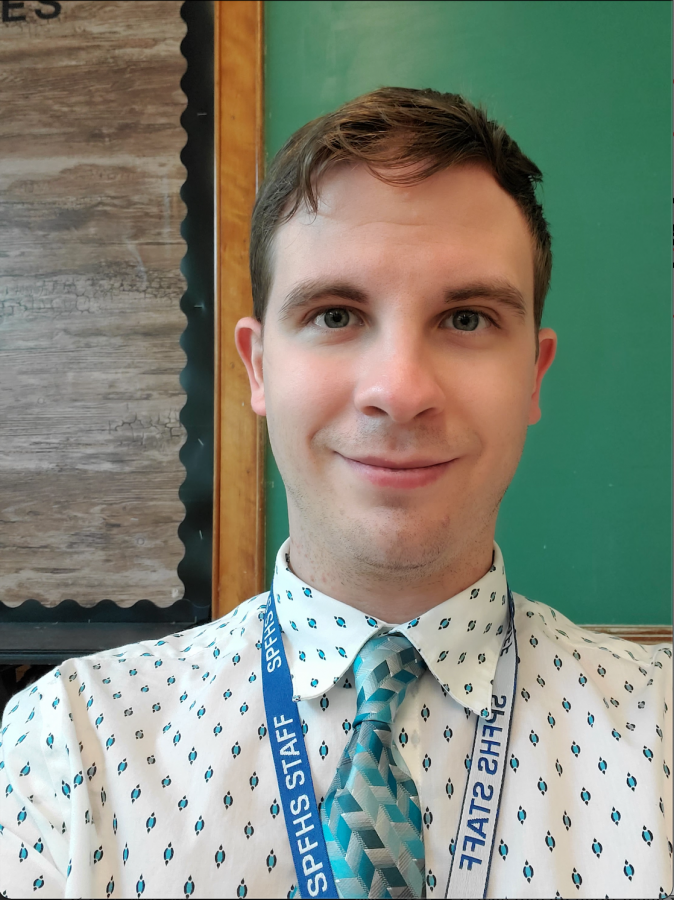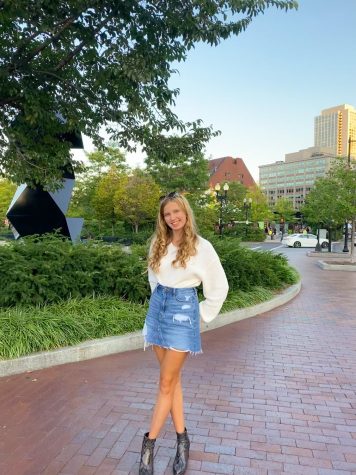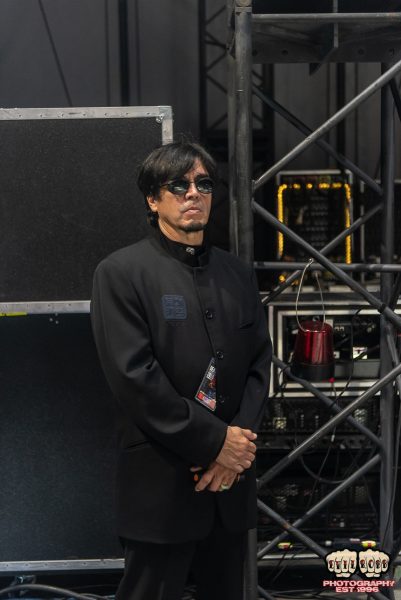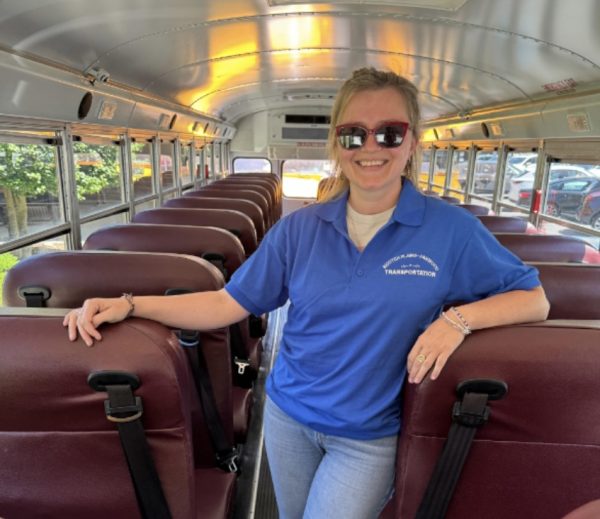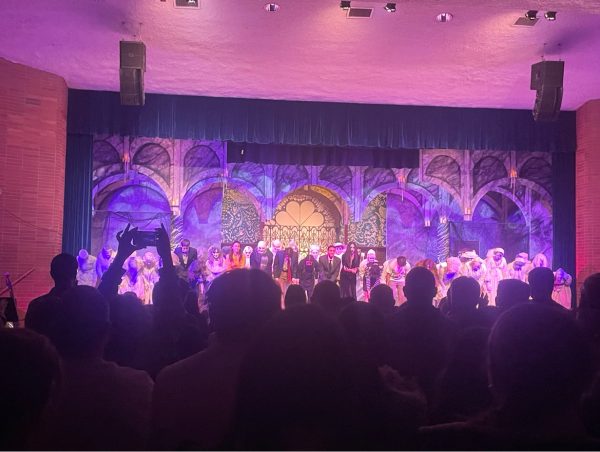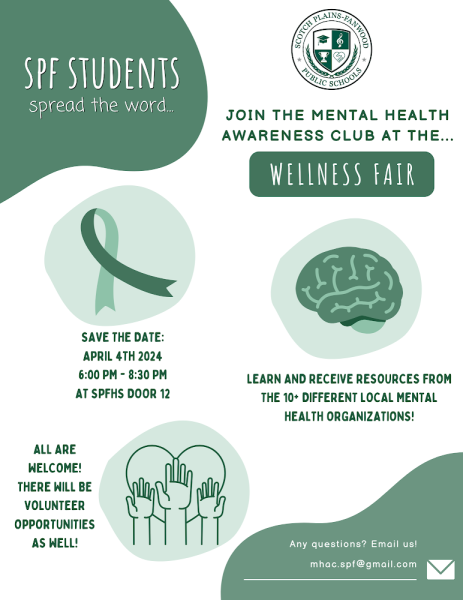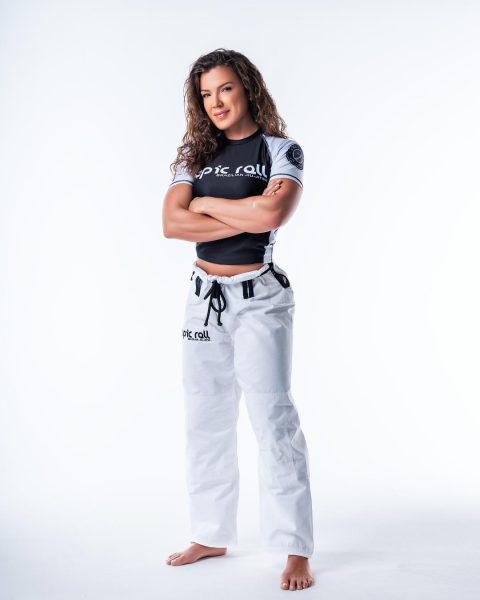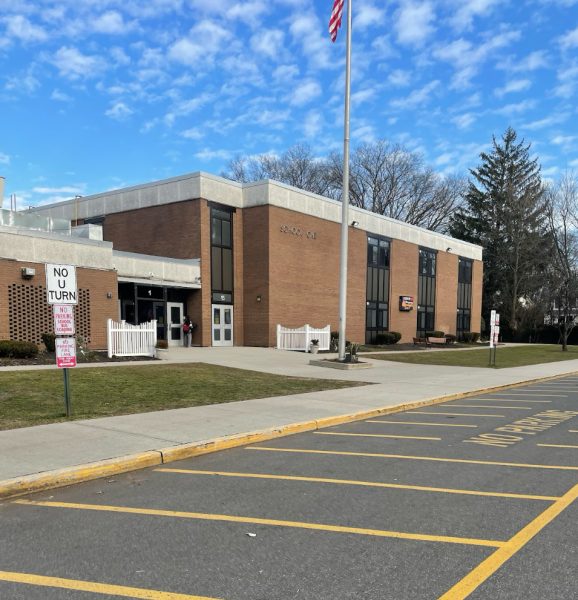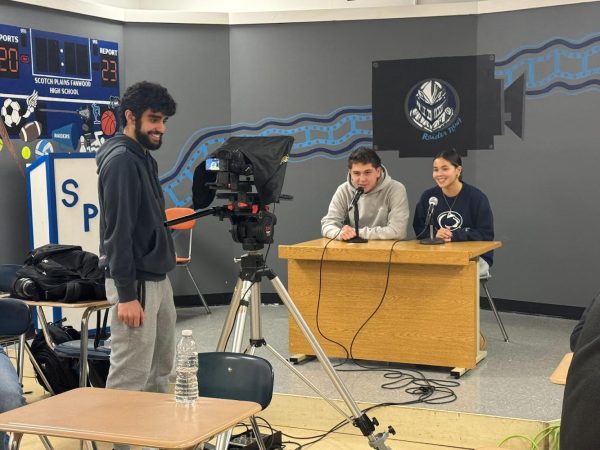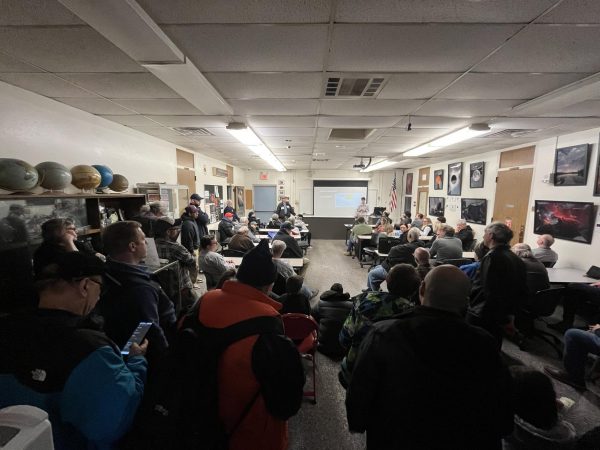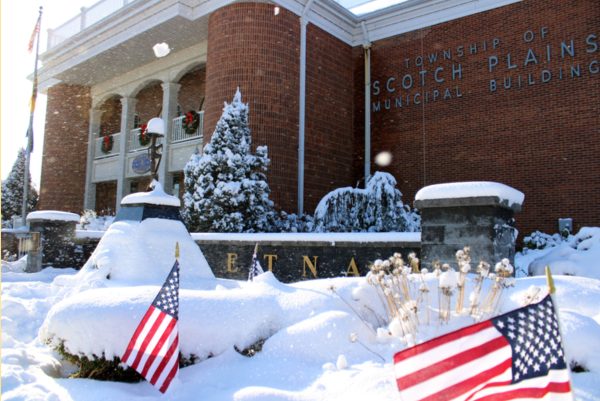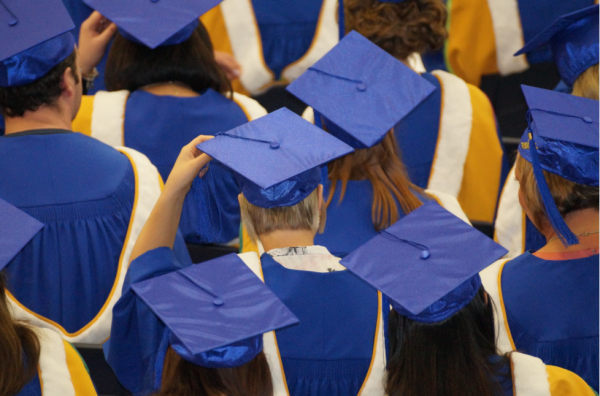New Special Education Teacher Andre Silva Dias unplugged: martial arts, his philosophy on teaching and more
September 29, 2021
It was a typical first grade field trip and a typical first grade lunch when Andre Silva Dias decided on his college major.
He and his fellow classmates were going around the picnic-style lunch tables and telling their teacher, Miss Ray, what they wanted to be when they grow up.
What he didn’t know, though, was the atypical way that his martial arts journey would lead him to special education.
As Silva Dias worked his way up through the belts at his dojo, he was expected to lead classes for lower belts.
“I got to work with lots of different people, and especially in the summer,” Silva Dias told The Fanscotian. “We used to hold a program, which was specifically for students with disabilities so we would have a children’s class in adult class; it was really fun to get them to learn how to do blocks and defend themselves and see their progress in that. It was like an eight week program so in that short period of time, they were having fun, they were working with each other and it was nice to see them grow up. That was kind of a catalyst for me to see what it’s like working with special education; I was able to learn how to teach them how to reach students with disabilities.”
I make a note [to my students that] this is also a classroom. It’s a community, it’s not ‘someone says the wrong answer and you laugh at them….’ No, none of that; you’re all here to learn with each other and help each other. That’s what it’s all about. That’s what school is; that’s what life is all about.
— Andre Silva Dias
The summers Silva Dias spent at the dojo taught him the importance of relationship-building with his students. He remembers spending time on water breaks discussing “Avatar: the Last Airbender” with some of the younger students, even giving one his box set of DVDs so that she could watch the show.
Silva Dias, following his dojo days, completed both his undergraduate and graduate education at Rutgers University, and taught math at various levels before arriving at Scotch Plains-Fanwood High School.
“Math is about making mistakes,” Silva Dias said. “[As with] anything really, but it’s [math is] all about how you make mistakes and learn from them. I make a note [to my students that] this is also a classroom. It’s a community, it’s not ‘someone says the wrong answer and you laugh at them….’ No, none of that; you’re all here to learn with each other and help each other. That’s what it’s all about. That’s what school is; that’s what life is all about.”
On Sept. 9, 2021, Silva Dias had a freshman-esque experience upon sauntering into Scotch Plains-Fanwood High School for his first day as a new Special Ed teacher. Having previously taught on the middle school level, he recalls being nervous about the sheer size of the building.
“Coming to a high school, I was like ‘alright, I know it’s gonna be bigger,’ ‘I don’t know what it’s going to be like’ and ‘how am I going to find my classes?’” Silva Dias said. “But everyone’s been super friendly, like ‘Welcome to the team, if you need anything, let me know.’ I do get that communal aspect here as well.”
Rather than drowning in the seemingly vast size of the high school, Silva Dias directed his attention to fostering a community with his students. His aim: to individualize his students’ education so that they feel engaged and welcome in his classroom.
Math is about making mistakes. [As with] anything really, but it’s [math is] all about how you make mistakes and learn from them.
— Andre Silva Dias
“[When] students come into the classroom, they bring… bring their own knowledge [and] their own set of experiences,” Silva Dias said. “So many times when I’m teaching something one way, as someone with a math background, I see it a certain way. Sometimes students are not understanding or they’re even doing a different process but they’re still getting the same answer, and I’m like ‘wait, how does that work?’ I try to sit down and see their thought processes…. I’ve learned how experiences can be so different and how thought processes can be so different and [I’ve learned] what to expect, like common mistakes to expect, [so that I can] try to present it in different ways so that more students can access the information.”

